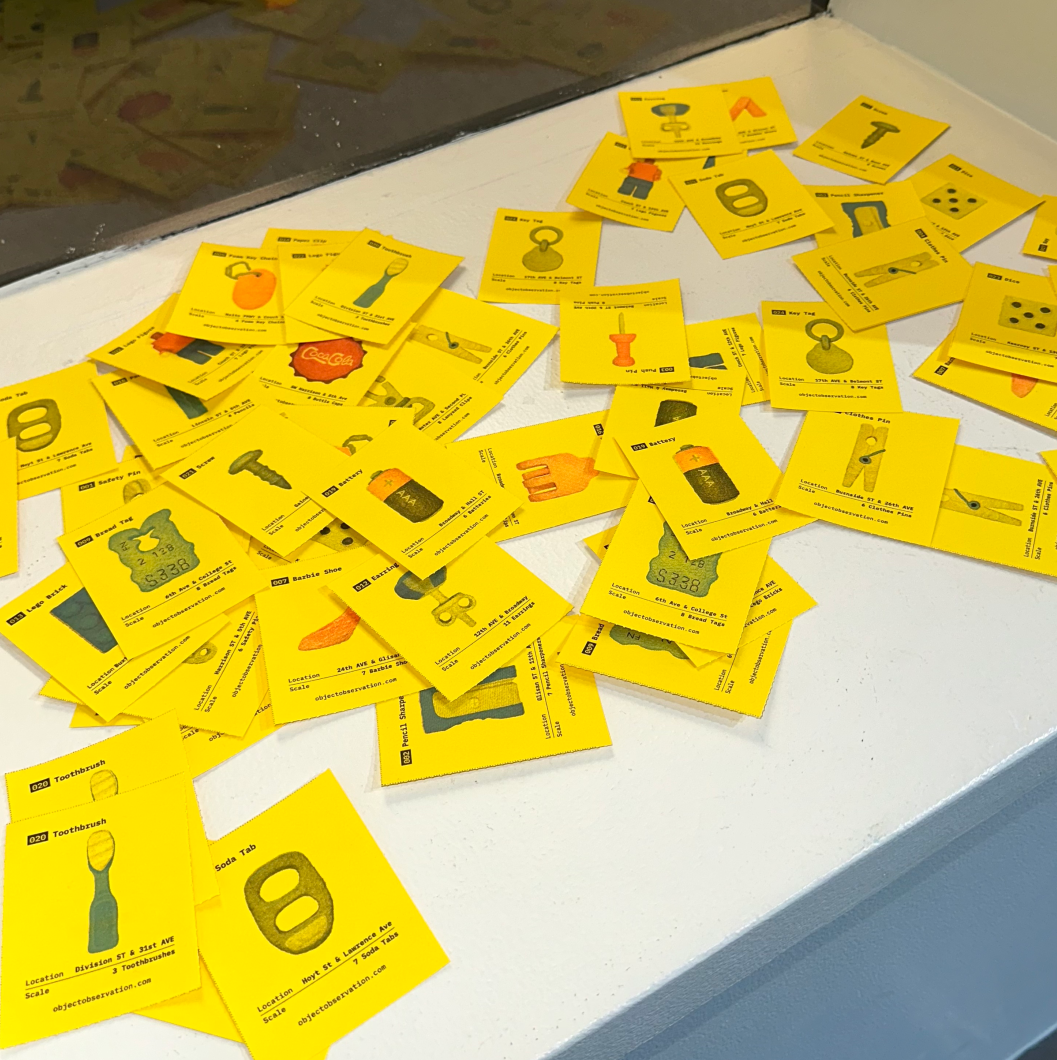The other day I found myself apologizing to someone for standing in the grocery aisle looking at some food I wanted to buy. Earlier that day, someone on campus apologized to me for accidentally brushing my backpack when they walked by me in a crowded area. In both of these instances, an apology was definitely not warranted. Why did I need to apologize for doing something that is completely normal? Why did that person need to apologize for brushing past me? These are just two examples of a stupendous number of empty apologizes given on a daily basis by everyone. We are now living in an apology culture, and its making apologies mean less when they should count the most.
Why do we apologize so much? In a general sense, it most likely stems from a combination of being raised to be polite and show respect for others and wanting to avoid conflict and confrontation. We are all taught as small children to apologize when we step out of line with others so we do not seem rude. Often times children will be scolded for an offense and told, “Say sorry!” We are also taught we must be polite, and when we apologize to others for wasting time, being in their way (perceived or in reality) or invading personal space, even accidentally, we are avoiding conflict with the other person. In our minds, we are being polite and people will like us for being contrite and apologetic.
It is important to understand the detrimental nature of the constant apologies we give each other. When a person habitually apologizes for every little thing, it can make a real apology for a true offense feel less than sincere. We become desensitized to apologies both as apologizers and those receiving apologies.
What purpose does an apology serve when it is in passing or not meant or needed? Constant apologies become nothing but empty words. The point of saying you are sorry for something is to show remorse and an intention to avoid making the same offense in the future. Apologizing for going about your business and in the process happening to be momentarily in the way of another person is empty words. Apologizing for touching another as you pass in a crowded area is also pointless: It is not a behavior that can be avoided or changed and there was really no harm done.
The fact is, we say, “I’m sorry” too much and for unnecessary reasons. Instead of having a sincere meaning, apologizing has become a catch-all phrase meant as an easy way to have manners without much thought or meaning. We throw around apologies as social habit.
What are we supposed to do about the constant and mindless apologizing? In the end, it comes down to word choice. Thinking about the appropriate response to a situation is important. An apology is not as appropriate in a crowded room as much as an “excuse me.” Knowing when it is not necessary to apologize is just as important. In the case of the grocery store, well, it was my turn, I was going about my day. Being expected to show deference or feel apologetic for going about my day is not appropriate. Instead of apologizing for things we cannot control, it is important to understand for what we are saying sorry.






